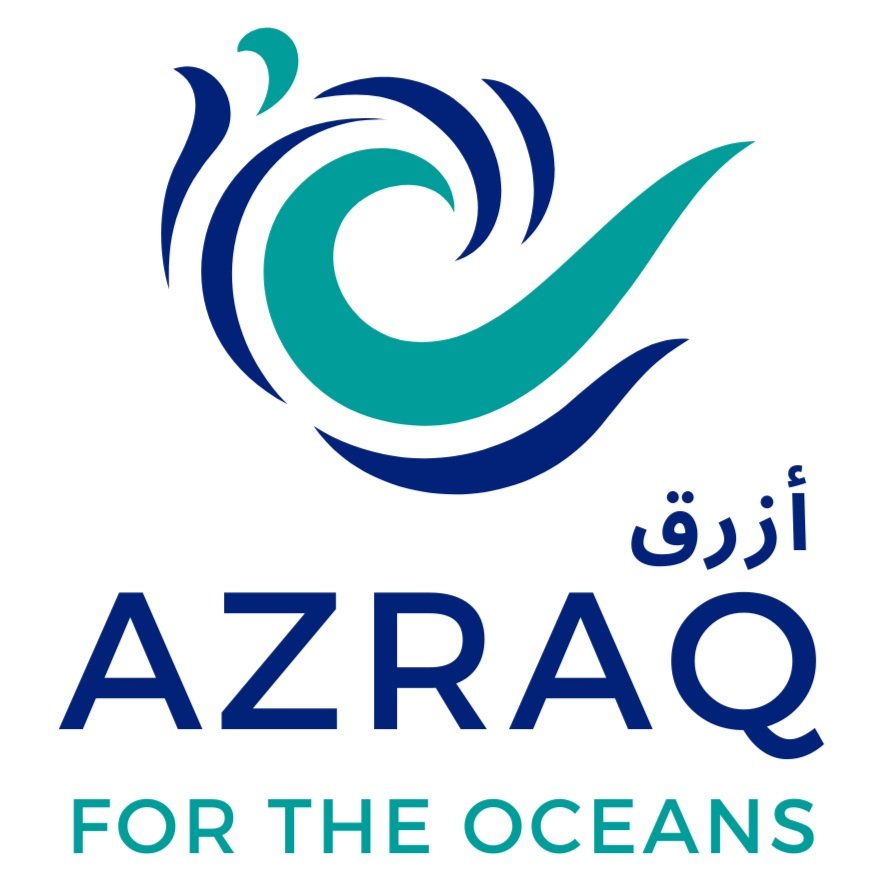Experts urge people to look for alternatives to single-use plastic bottles to reduce the environmental impactImage Credit:
Customers can deposit used bags for others under Waitrose' in-store bag exchange programme.Image Credit: Supplied
Published: 12:35 July 11, 2018
By Zenifer Khaleel, SPECIAL TO XPRESS
Abu Dhabi: As we reach the half-way point of Plastic Free July when millions give up single-use plastic for a month, we find out how certain entities and individuals in the capital are trying to curtail the use of plastic.
Supermarkets
Waitrose has became the first supermarket chain in the UAE to charge for plastic bags (at 25 fils per piece) across their five outlets in Abu Dhabi. After a trial run which began on June 16, Waitrose reported a 74 per cent reduction in plastic use. “The fantastic uptake shows customers are willing to make small changes to help bring about a positive effect on the environment,” said Matthew Frost, CEO Fine Fare Food Market which manages Waitrose. The supermarket chain has also introduced an in-store bag exchange, where customers can deposit used bags for others.
Another supermarket chain, Spinneys has come up with a one bag per transaction system which has accounted for a 40 per cent reduction in plastic usage. “We give more bags only when customers ask for them,” said Bradock Adande, a manager at their Muroor outlet.
Restaurants and Hotels
Jumeirah at Saadiyat Island Resort, an upcoming five-star hotel in Abu Dhabi, plans to install a water plant and water stations in key locations where guests can fill reusable bottles which they will receive upon check in. “If guests are not inclined to use our systems we will still be selling mineral water in glass bottles,” said general manager, Linda Griffin.
India Palace Restaurants (IPR) which has 14 outlets said they give plastic cutlery and straws to guests only when they ask for them.
They have also replaced single use cutlery with permanent ones in their head office on Salam Street. “By replacing plastic glasses and spoons with eco-friendly ones, we will be making a yearly saving of Dh5,000,” said Andaleeb Mannan, corporate excellence officer at IPR.
Individuals
Abu Dhabi-based US expat Ema Muller said she has always used reusable cloth bags.
“I make sure I use shampoo bars, bamboo tooth brushes, stainless steel straws and other non-plastic alternatives. Luckily they are easilly available in the city now,” she said.
Another resident, Briton Ann Tacker said she learnt making reusable bags at a workshop and has since been making her own bags.
“I have explained the advantage of using them to my two kids (aged five and seven) as well,” she said.
Last week, Tadweer, the Centre of Waste Management in Abu Dhabi, inaugurated the first recyclable collection station in the Capital near Khalidiyah Park where residents can dispose off waste in designated chutes. The Centre plans to install about 16 such recyclable collection stations across Abu Dhabi by year end.
“Unless people care about the problems associated with plastic use, they will be unable to make the connection to the next step in the process, which is to take a different approach.
“Changing mindsets can be difficult, but giving people the information they need to find the reasons to care about the issue can actually result in positive action,” said Natalie Banks, marine conservationist and managing director of Azraq, a non-profit marine conservation group in the UAE.
Ten easy steps to reduce plastic pollution
1. Look for alternatives to single-use plastic bottles such as using a reusable water bottle or drinking filtered water from the tap at home
2. Refuse plastic straws and use bamboo, paper, glass or stainless steel straws
3. Look for alternatives to plastic bags such as canvas bags, jute bags, personal shopping trolleys or denim bags
4. Volunteer for beach cleanup activities
5. Utilise recycling stations
6. Avoid personal care products containing microbeads
7. Choose natural over synthetic fibres when possible, particularly for things that will be washed frequently
8. Properly dispose off fishing lines, nets and hooks. Each year, more than 705,000 tonnes of fishing lines and nets pile up across the oceans.
9. Keep cigarette butts off streets and beaches.
10. Refuse to release balloons into the air.
Source: Azraq
Top 10 items found in coastal cleanups:
1. Cigarette butts
2. Plastic beverage bottles
3. Plastic bottle caps
4. Food wrappers
5. Plastic grocery bags
6. Plastic lids
7. Straws/stirrers
8. Glass bottles
9. Plastic bags (General)
10. Take-away boxes
Source: Azraq

